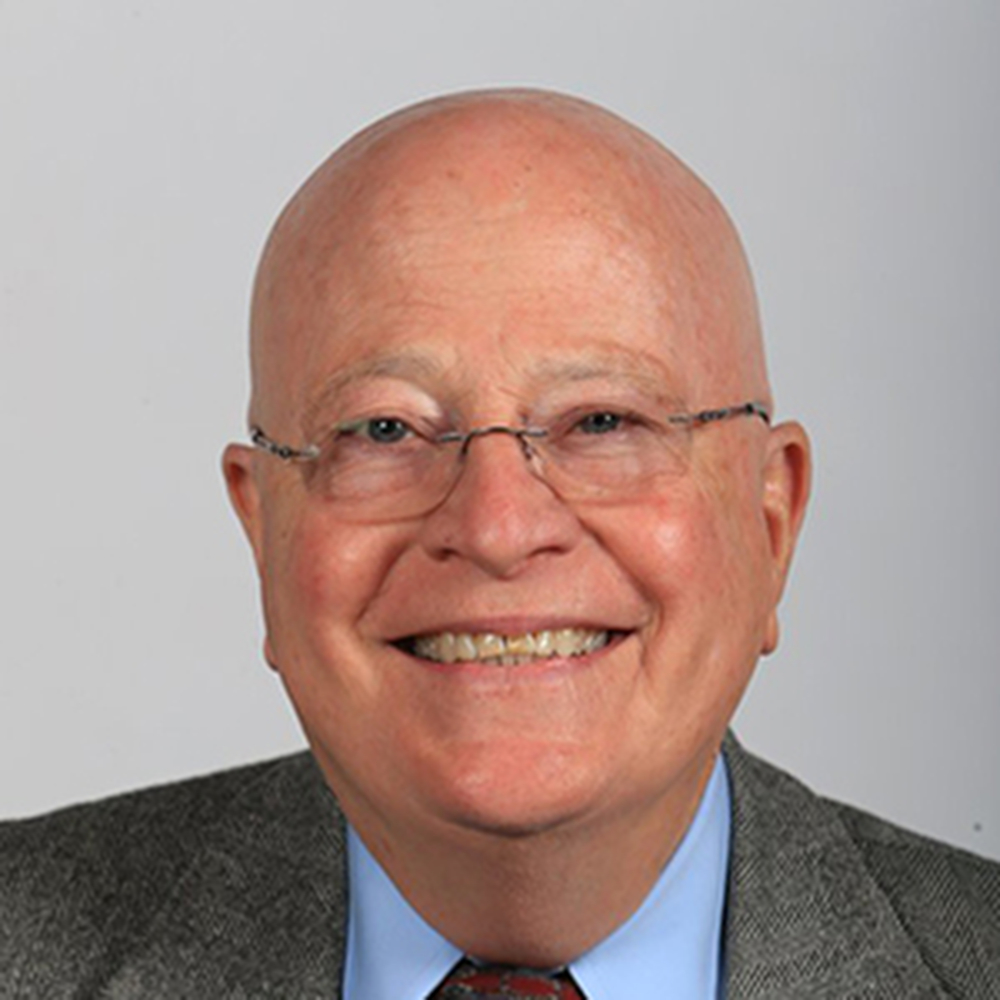Jesse McClure, a trial judge on a criminal court in Houston, will join the state’s highest court for criminal matters in the new year.
Gov. Greg Abbott appointed McClure, a Republican, to the Court of Criminal Appeals, where he will fill a seat being vacated by Judge Michael Keasler. Keasler, 78, is departing Dec. 31 under Texas’ mandatory retirement law for judges.
McClure was appointed to his current bench by Abbott in November 2019 but lost his reelection bid to Democrat Te’iva Bell last month in an election that saw Democrats sweep Harris County.
Previously, McClure worked as a prosecutor for the Texas Department of Insurance, as an attorney with the Department of Homeland Security and as an assistant district attorney in Tarrant County. He will serve the remainder of Keasler’s term, which lasts through the end of 2022, and then plans to seek reelection.
[…]
A Texas law that requires judges to retire within a few years of turning 75 forced Keasler to step down partway through his six-year term.
In Keasler’s case, the law caused a fair bit of confusion.
Last year, two Democrats pursued the nomination to run for Keasler’s seat, expecting an election, rather than an appointment, in a misunderstanding that even the Texas secretary of state’s office did not escape. Ultimately, given that Keasler served through the end of the year, the seat fell to Abbott to fill, not the voters.
Keasler said that did not influence his decision to serve through the end of the year.
“I know I’m in the fourth quarter, there’s no question about that, I just hope I’m not at the two-minute warning just yet,” he joked.
See here for the background on that confusion. I guess “within a few years of turning 75” does leave some room for interpretation. McClure was Abbott’s second appointment to a statewide bench in the last three months, following the well-timed resignation of now-former Supreme Court Justice Paul Green. For all the biennial debate we have about electing judges versus some other system for naming them, we sure do have a lot of judges on the Supreme Court and Court of Criminal Appeals who got there initially via gubernatorial appointment. Such selections come with no requirement for Senate confirmation, and in nearly every case the newbie judge gets two full years on the bench before having to face the voters. We can as always debate the merits of the system we have, but we should be honest about the way that system actually works.


Re: “McClure was appointed to his current bench by Abbott in November 2019 but lost his reelection bid to Democrat Te’iva Bell last month in an election that saw Democrats sweep Harris County.”
Semantic stickler says:
Since he came to judicial office as an Abbott appointee in 2019, he wasn’t running for *re*election in 2020. It was his first electoral candidacy for the 339th District Court bench, albeit as an incumbent.
Granted, ballotpedia makes the same mistake, but separates the prefix “re” with a hyphen: “McClure (Republican Party) ran for re-election for judge of the Texas 339th District Court. He lost in the general election on November 3, 2020.” It appears that both versions are acceptable, according to dictionary compilers and media style guides. Regardless, the “re” prefix stands for repeat.
Regarding the bench accession mode, Kuff makes a very good point about having to look at how things work in practice. And that’s also important in the ongoing debate over the merits (or otherwise) of alternative judicial selection methods. What we have now is a hybrid system of partisan judicial elections and partisan judicial appointments, and it isn’t even uniform across types and levels of courts.
Systematic data for the entire Texas judiciary can be found here:
https://www.txcourts.gov/media/1449683/judge-profile-sept-2020.pdf
For the court of appeals: 40% were first appointed (32 out of a total of 80 on 14 courts of varying sizes).
For SCOTX, the data table shows 7 first appointed, 1 elected. That was as of reference date for the annual demographic profile of Texas judges (Sep 1), with 1 vacancy caused by the resignation of Justice Green. The tally now stands 8 to 1, with the recent appointment of Rebeca Huddle (R), previously a Houston COA justice who — unlike Bland (R) and Busby (R), the two most recent appointees — wasn’t defeated in elections, but had resigned. The only SCOTX member not originally appointed is Justice John Devine. Nathan Hecht counts as appointed in Position 1, ie Chief Justice. He was previously an associate justice and arrived at the court via election, rather than appointment. He marketed himself to would-be supporters (for re-election) as the “Most Elected Justice in Texas History.”
Legal nerd trivia question: Who among his colleagues could claim the “most appointed” title by way of contrast?
For the Court of Criminal Appeals, the number of “first appointed” is shown as 0 as of Sep. 1, 2020.